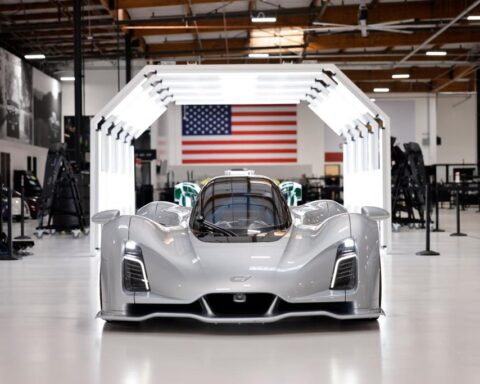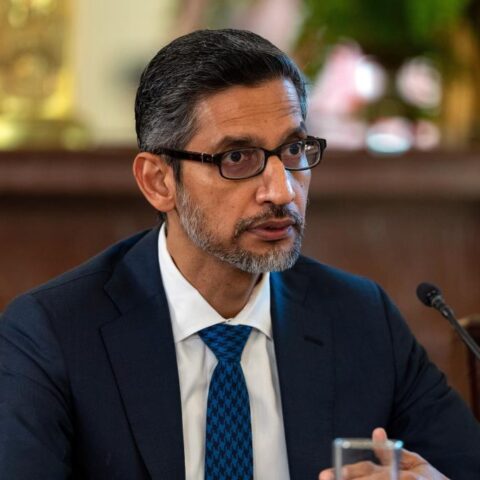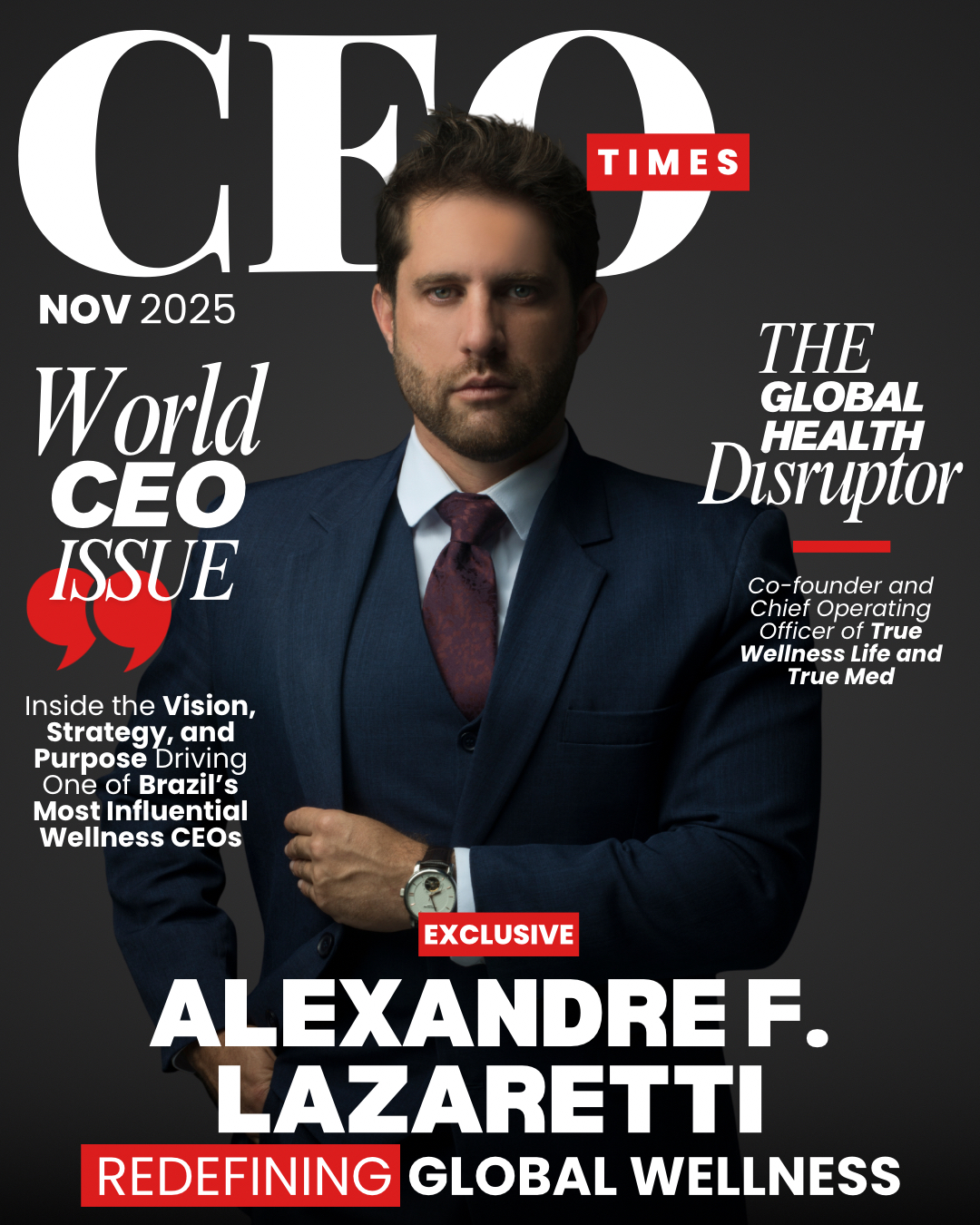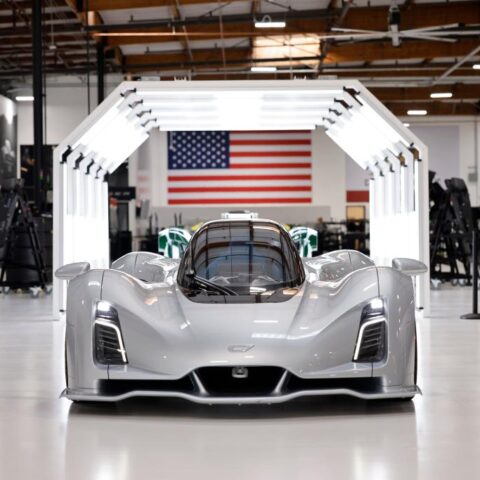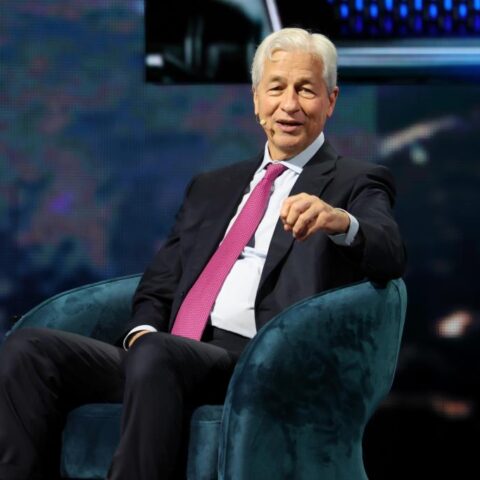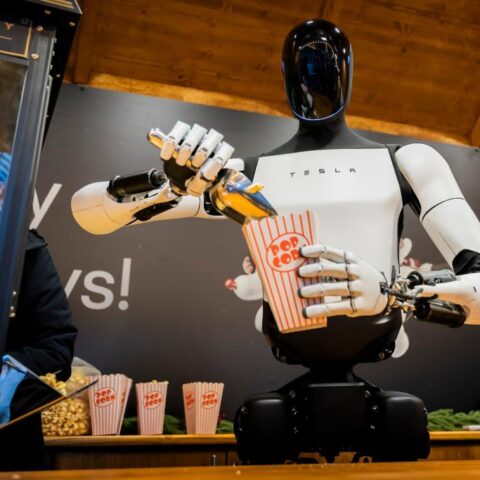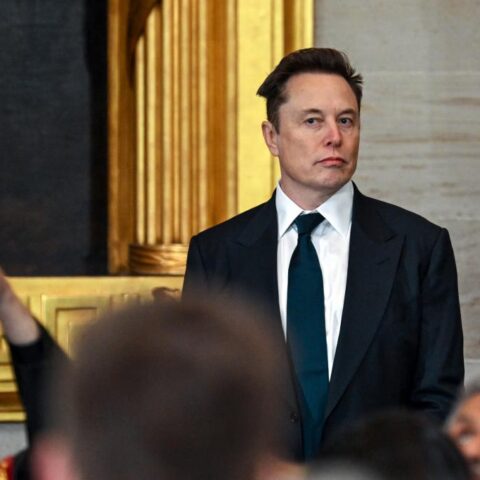Google’s CEO cautions that the frenzy fueling artificial intelligence may be both transformative and dangerously overextended — and no company, not even Google, is immune.
In one of his most revealing interviews this year, Google CEO Sundar Pichai has issued a clear, sobering warning amid the world’s most explosive technology race: the artificial intelligence boom — the very phenomenon fueling historic investment, sky-high valuations, and a global corporate scramble — may be drifting into dangerous “irrationality.”
Pichai, who is overseeing Google’s staggering $93 billion in capital expenditures in 2025 alone, told the BBC that although AI’s potential is undeniable, the industry may be repeating the classic mistakes of the past.
“Given the potential of this technology, the excitement is very rational,” Pichai said. “It’s also true… we overshoot collectively as an industry.”
He drew a pointed comparison to the dot-com era, when early internet optimism ballooned into a bubble that ultimately burst — taking thousands of companies down with it. The message was unmistakable: AI may be heading toward its own reckoning.
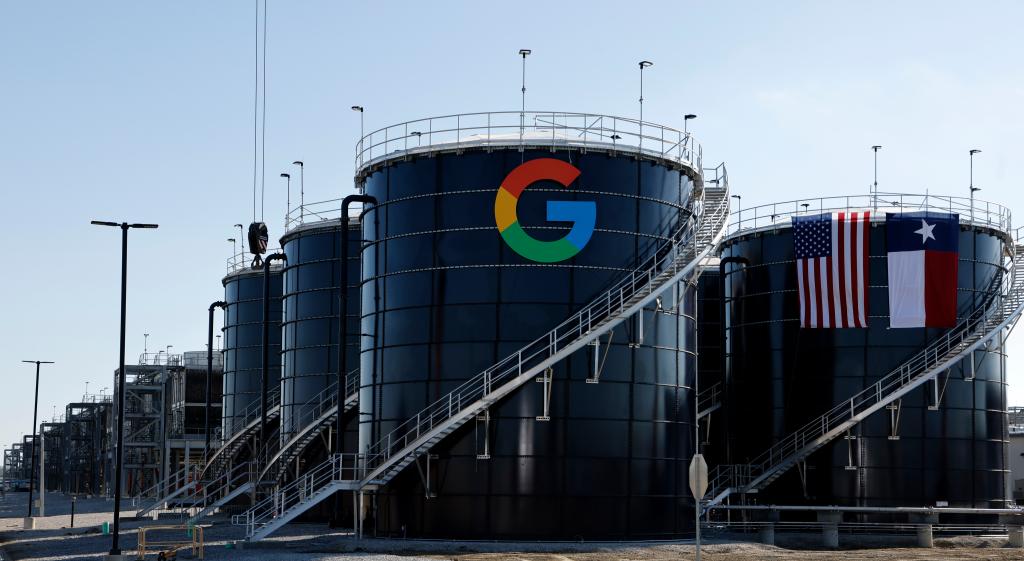
Pichai also made a rare admission — one that reverberated across Silicon Valley and Wall Street: “No company is going to be immune, including us.” For the CEO of one of the world’s most powerful tech giants to publicly acknowledge vulnerability is telling.
The timing is crucial. Markets have grown increasingly volatile, with major tech stocks swinging sharply. The Nasdaq fell about 1% Tuesday, while the Dow headed toward a fourth consecutive losing session. The shock intensified when billionaire investor Peter Thiel dumped his entire Nvidia stake, followed by SoftBank doing the same — a move many viewed as a potential red flag for the sector’s long-term stability.
Nvidia — the lifeblood of the AI revolution — has slipped more than 9% this month alone, making upcoming earnings a high-stakes moment for the global tech ecosystem.
Still, Pichai remains confident that the long-term trajectory of AI mirrors the internet’s eventual dominance. Yes, there will be turbulence — including job losses, industry disruption, and market corrections — but the technology’s ultimate impact, he argues, will be both profound and beneficial.
And for Google, which continues to defy market anxiety with a nearly 50% surge in shares this year, the mission remains both bold and clear: invest, innovate, and brace for impact — because the AI future is arriving faster and harder than anyone expected.





